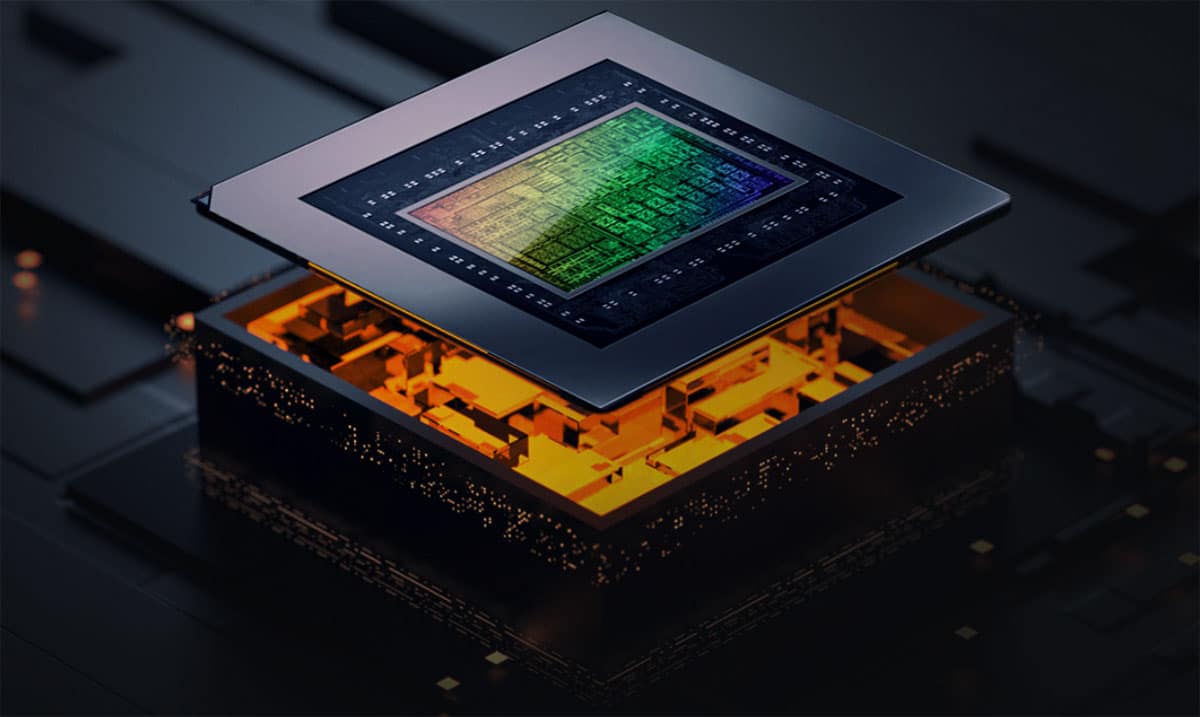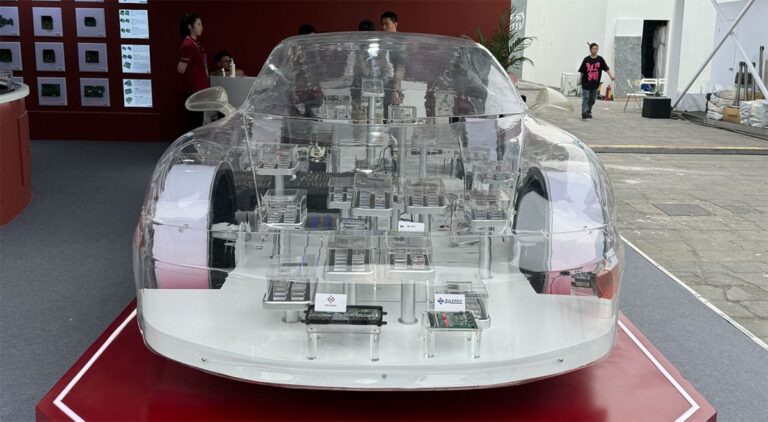Xpeng is considering shelving plans to adopt the Thor chip in next year's new models, while Nio has no plans to use the Thor chip in next year's models, according to local media.

US chip giant Nvidia (NASDAQ: NVDA) is facing the potential risk of losing core customers, as Thor, its next-generation smart driving chip, suffers delays.
Xpeng (NYSE: XPEV) is considering shelving plans to use the Thor chip in next year's new models, local media outlet 36kr reported today.
Nvidia had originally planned to have the Thor chip in mass production by mid-2024, but has now significantly delayed that plan, according to the report.
The chip is now expected to be fitted to cars by the middle of next year, but will be an entry-level version only, which is influencing some domestic car companies' decisions on new models, the report said.
Thor's mass production has been delayed to the point where car companies' in-house chips become mature, the report said, citing an industry source.
Nvidia unveiled the Thor chip for autonomous driving on September 20, 2022, as a successor to Orin, targeting automakers' 2025 models.
The system-on-a-chip (SoC) delivers up to 2,000 teraflops (TOPS) of performance, and manufacturers can use them all in the self-driving pipeline, or use some for in-vehicle AI and infotainment systems, and some for driver assistance.
That performance is eight times that of Orin, which delivers 254 TOPS of computing power each.
The first customer Nvidia announced at the time that would use Thor was Zeekr (NYSE: ZK), with production of the first model powered by the chip set to begin in early 2025, the US chip giant said in September 2022.
On January 9 of this year, Nvidia announced that Li Auto (NASDAQ: LI) had selected the Thor central on-board computer to drive its next-generation fleet.
On March 18, Nvidia said more Chinese auto brands, including BYD (HKG: 1211, OTCMKTS: BYDDY), Xpeng (NYSE: XPEV), and GAC Aion's premium brand Hyper, had joined Li Auto and Zeekr in building their future automotive roadmaps on Thor.
Xpeng originally considered using Thor on the P7+, which was launched on November 7, but due to delays with the chip, the electric sedan ended up using Orin, according to the report from 36kr today.
Nio (NYSE: NIO) also hasn't pre-ordered Nvidia's Thor chip for next year's models, and its new models will use its in-house Shenji chip, Nvidia's Orin, and chips from Horizon Robotics, according to the report.
Nio unveiled the Shenji NX9031 chip at Nio Day 2023 held on December 23, 2023 and the chip would be used in the ET9 executive flagship sedan. The sedan is already available for pre-order and the official launch is expected to be at the Nio Day 2024 event this Saturday.
On July 27, Nio said at its innovation day event that the Shenji NX9031 autonomous driving chip had seen successful tape-out on a 5 nm manufacturing process.
Xpeng announced on August 28 at the launch of its new model, the Mona M03, that its first AI chip, Turing, saw successful tape-out on August 23.
Li Auto is also working on its own smart driving chip, codenamed “Schumacher,” according to the report in 36kr today.
Li Auto is pre-researching a next-generation solution for end-to-end smart driving called VLA (visual language action modeling), which is expected to work better with its smart driving chip, which is slated for mass production in 2026, the report said, citing an insider, who added that it will make it less reliant on Thor.
Thor's delay may be due to problems with the chip's architecture, the report said, citing a person close to Nvidia.
Thor is integrated with Blackwell, Nvidia 's latest generation of high-performance GPU architecture, which is specifically designed for Transformer, Large Language Model (LLM) and generative AI workloads. But so far this year, Blackwell's mass production has suffered many upsets.
Blackwell is manufactured using TSMC's 4 nm process and contains 208 billion transistors. Nvidia originally planned to ship the chip in the second quarter of this year, but there have been subsequent shipment delays, 36kr noted.
